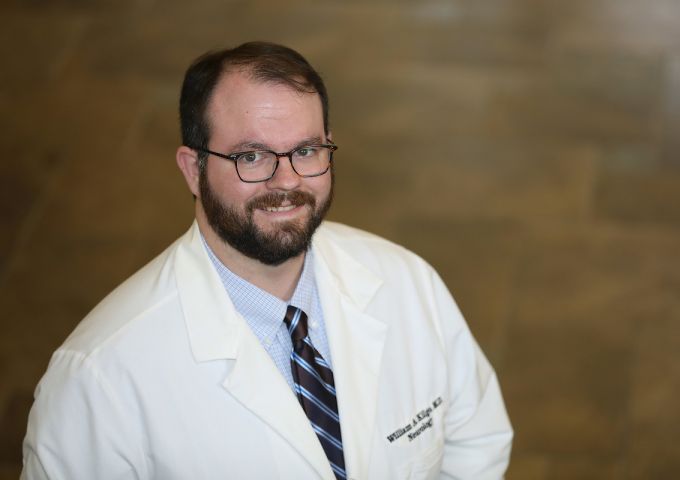
Standardized patients needed for USA Simulation Program
A standardized patient, or SP, is a person hired and trained to act as a real patient to simulate a set of standardized symptoms or complaints for the training of future healthcare providers.
By Lindsay Hughes
[email protected]
Simulation is a vital part of healthcare students’ education, and standardized patients play a critical role in this training.
The USA Simulation Program is a multidisciplinary program that offers clinical skills experiences for health science learners in a simulated clinical environment. Learners are from disciplines such as nursing, physician assistant studies, speech language pathology, radiology, occupational therapy, and physical therapy. The Whiddon College of Medicine also has a simulation lab and offers simulated clinical skills and standardized patient experiences for medical students and resident physicians.
“Simulation is important because learners can practice clinical skills and decision-making in a safe, non-punitive environment without risks to real patients,” said Anjie Davis, Ed.D., director of the USA Simulation Program. “Learners also build confidence in their clinical abilities through repeated practice and hands-on learning. They participate in clinical skills experiences utilizing low-fidelity simulators, high-fidelity simulators, partial task trainers, and standardized patients.”
A standardized patient, or SP, is a person hired and trained to act as a real patient to simulate a set of standardized symptoms or complaints for the training of future healthcare providers. SPs portray the roles of patients and/or family members to allow students to develop and practice skills related to collecting health histories, performing physical exams, communicating effectively, and providing patient/family teaching. SPs also provide faculty-guided verbal and/or written performance feedback to students.
“This is an opportunity for students to be immersed in experiential learning and be hands-on with our SPs before working with real patients,” said Miranda Powell, standardized patient lab coordinator. “It is low risk and an opportunity for learners to make mistakes and learn from them.”
The Simulation Program hires people ages 18 and older to serve as SPs, but currently the greatest need is for individuals ages 25-45, as well as men of all ages. Powell said a good SP candidate should have a flexible schedule, an interest in healthcare or education, a desire to contribute to the success of future healthcare providers, a willingness to receive direction, and excellent communication skills.
The starting pay for SPs is $14 per hour with a minimum of one hour per scheduled event. However, based on the level of the event, SPs are eligible for an increase in the rate per hour. Powell said potential SPs should know that this is a “part-time part-time” job. SPs work on an as-needed basis, and some weeks SPs may not be needed.
SPs should expect to be in a patient gown while working. The learners are trained to protect the SPs’ modesty, and no invasive exams are performed.
To learn more or to apply to be a standardized patient, visit the Prospective SPs page or email [email protected].




